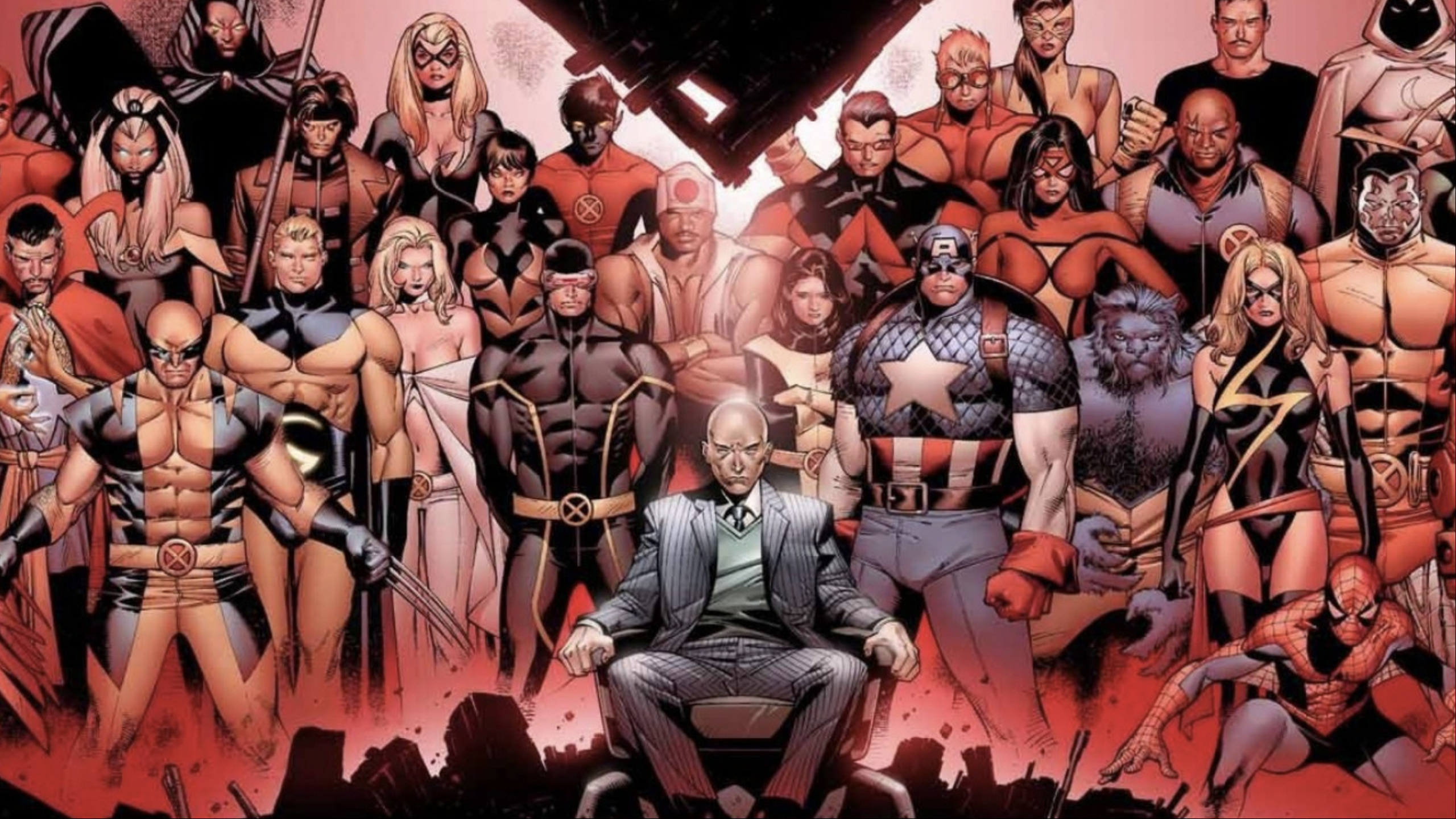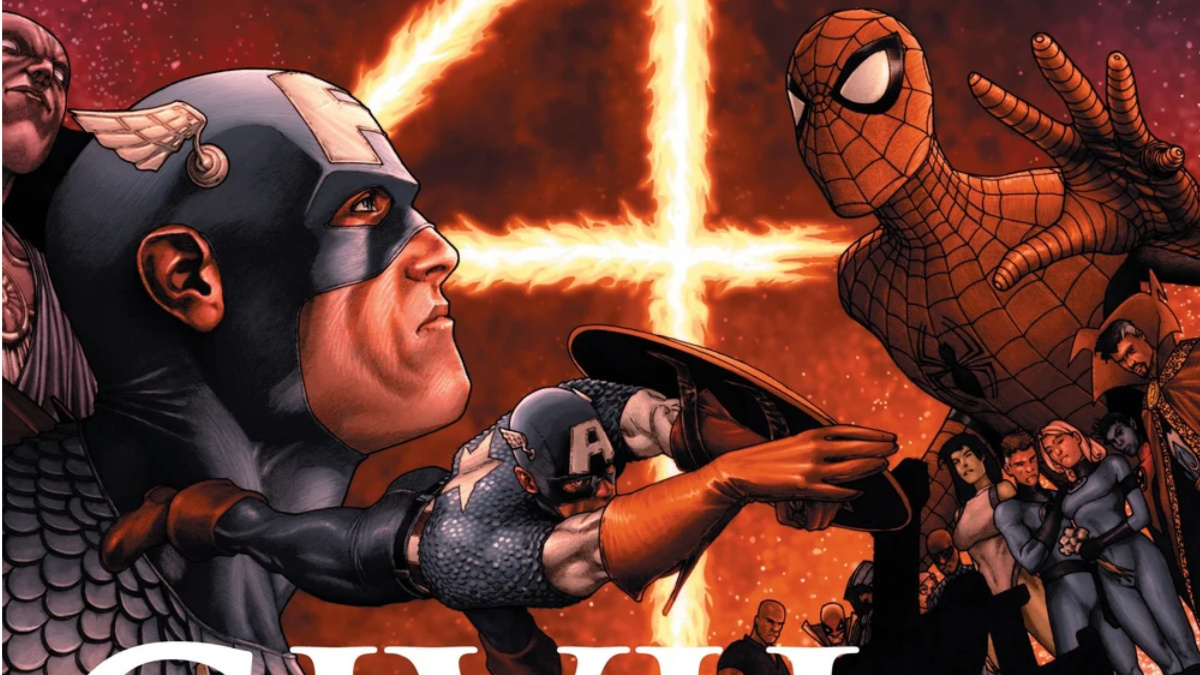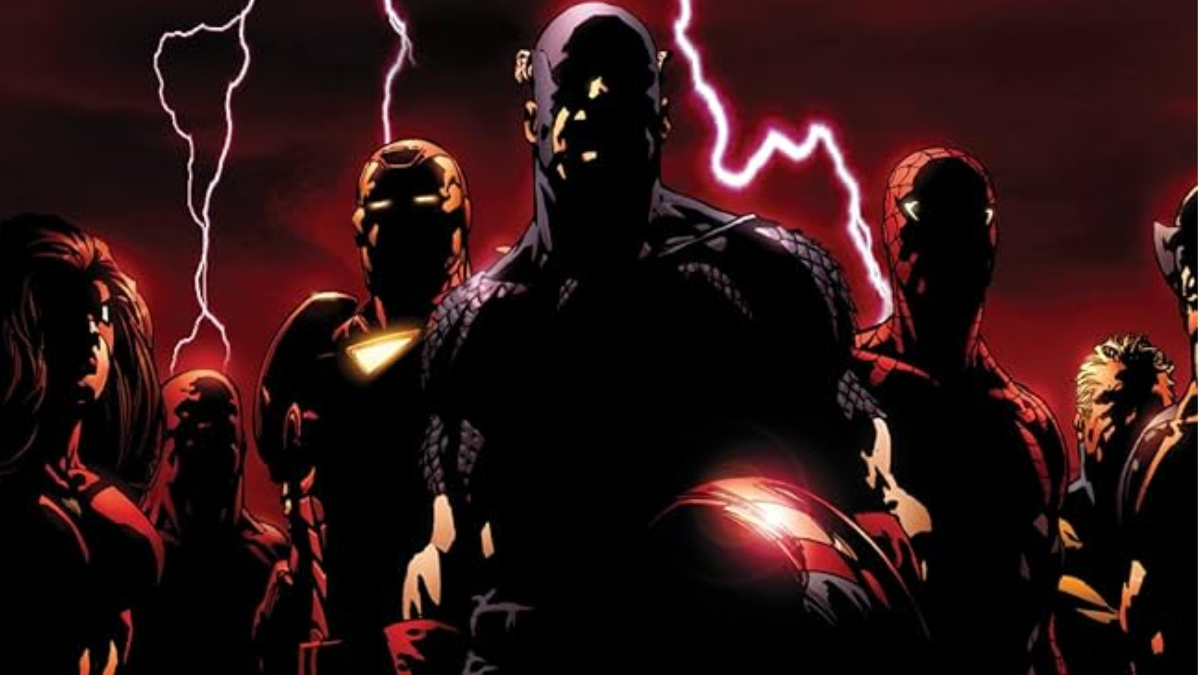
In the United States, Marvel Comics stands as the leading producer of superhero comic books and a globally recognized figure in the realm of superhero media. Throughout the 21st century, many fans consider the 2000s to be the golden era of Marvel comics. However, at the turn of the millennium, Marvel was struggling. While there were some exceptional comic books from the ’90s, they primarily came from other publishers. In an attempt to focus on style over substance during the ’90s, Marvel faced a decline in popularity.
Joe Quesada was appointed as editor-in-chief in 2000, following the success of the Marvel Knights line he had been overseeing. Tom Brevoort joined him as his second-in-command, and together they would help create some of the finest Marvel comics ever produced, according to numerous fans.
The 2000s brought forth the Ultimate Universe, Brian Michael Bendis’s versions of Daredevil and New Avengers, Planet Hulk, Civil War, House of M, Secret Invasion, Morrison’s New X-Men, Rucka and Millar’s Wolverine, the Red Hulk story, “Dark Reign”, “The Winter Soldier”, and many other stories that helped Marvel rise to become a dominant force in entertainment. However, it’s important to note that some argue these years were overrated, as they may have caused just as much harm as good to the Marvel Universe that we know today.
The ’00s Gave Marvel a Lot of Bad Habits

Instead of delving deep into the chronicles of Marvel during the 2000s, I’ll focus on encapsulating the essence of that era. Joe Quesada, upon assuming control at Marvel, aimed to revitalize the Marvel Universe. Despite impressive sales in the ’90s, many key characters were in dire straits. Quesada successfully infused fresh energy into Marvel by recruiting creators such as Brian Michael Bendis, Grant Morrison, Mark Millar, Garth Ennis, Steve Dillon, J. Michael Straczynski, Ed Brubaker, Greg Rucka, Greg Pak, Kieron Gillen, Jason Aaron, Matt Fraction, Rick Remender, Jonathan Hickman, and numerous others to rejuvenate their comic books. Under Quesada’s leadership, Marvel was all about propelling the brand forward, as evidenced by numerous instances of progression. The Marvel Universe in the 2000s was a vibrant, dynamic place with a centralized editorial team exerting firm control over the narratives, giving Marvel a unique identity. While DC was deeply engrossed in its history, Quesada used the past as a springboard to advance the Marvel Universe.
During this period, there were numerous issues that surfaced. One significant problem was the excessive edginess. If you delve into the Marvel comics of the 2000s, you’ll find a publisher that appears rather mild compared to today’s edgelords. The relaxation of restrictions by the Comics Code Authority over the Big Two, following the decline of newsstands, provided more creative freedom, but it was often misused excessively. Creators pushed the boundaries of violence and darkness too far, and this is before we even touch upon Mark Millar and the Ultimate Universe.
Another problem was the event-driven narrative. While event comics were always significant for the Big Two, Marvel in the 2000s transformed the entire storytelling structure around them. It started with Secret War, a delayed event book that forever altered SHIELD. This was followed by House of M, which paved the way for the build-up to Civil War. Civil War led to “The Initiative”, which led to The Illuminati one shot, which led to “Planet Hulk”, which led to World War Hulk. Books written by Bendis or Millar would set up these events, and these events would significantly impact Marvel’s entire line. There were indeed many good stories from this era, but they often led to the events that frustrated fans.
Marvel’s event cycle quickly became a series of diminishing returns, as did the heavy editorial control that characterized the 2000s. Yet, Marvel still clings to these practices as if they haven’t been grating on readers for years.
The ’00s Made the Marvel a Juggernaut But One That Rarely Sees Where It’s Going

The 2000s were an exhilarating era for Marvel enthusiasts, filled with Marvel tales that I hold dear from this span. Marvel managed to rival DC in terms of storytelling excellence during this time, and it was a privilege to witness some of the greatest creators work at Marvel. Regrettably, Marvel took the wrong lessons from this period; it’s evident that the higher-ups at Marvel believed their decisions were more significant than the creative minds behind the comics. Grant Morrison discussed his departure from Marvel in 2004 being hastened by frequent heated debates with editors. Essentially, Marvel learned arrogance during its successful run in the 2000s.
As a movie aficionado, I’ve observed that Marvel has always been bold in its approach. When fans voice their discontent with editorial decisions, Marvel responds by further empowering their editors. Tired of the same event cycle? Marvel spices it up by introducing multiple smaller events across various titles, ensuring there’s more than just a big spectacle. A fresh start is on the horizon. The 2000s were indeed remarkable for Marvel, but they weren’t as flawless as some might remember. Many issues that fans are griping about today have roots in the 2000s. It’s easy to romanticize the past with rose-colored glasses, but the 2000s had their fair share of problems. These issues only intensified over time as general comic sales declined and Marvel worked tirelessly to regain readers.
Read More
- Gold Rate Forecast
- PI PREDICTION. PI cryptocurrency
- Rick and Morty Season 8: Release Date SHOCK!
- Discover Ryan Gosling & Emma Stone’s Hidden Movie Trilogy You Never Knew About!
- Mission: Impossible 8 Reveals Shocking Truth But Leaves Fans with Unanswered Questions!
- SteelSeries reveals new Arctis Nova 3 Wireless headset series for Xbox, PlayStation, Nintendo Switch, and PC
- Discover the New Psion Subclasses in D&D’s Latest Unearthed Arcana!
- Linkin Park Albums in Order: Full Tracklists and Secrets Revealed
- Masters Toronto 2025: Everything You Need to Know
- We Loved Both of These Classic Sci-Fi Films (But They’re Pretty Much the Same Movie)
2025-05-12 04:45